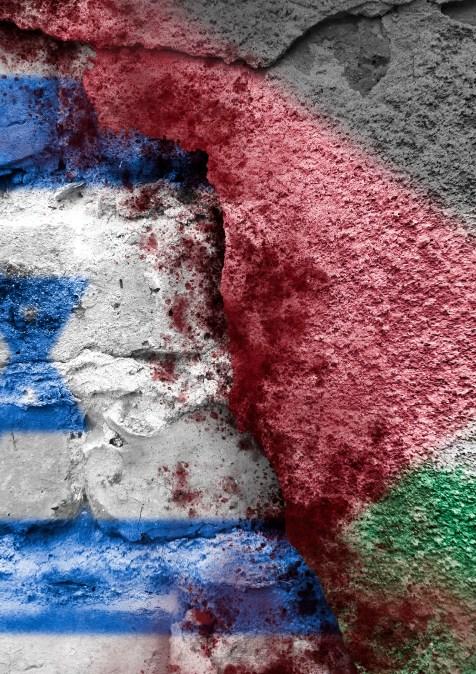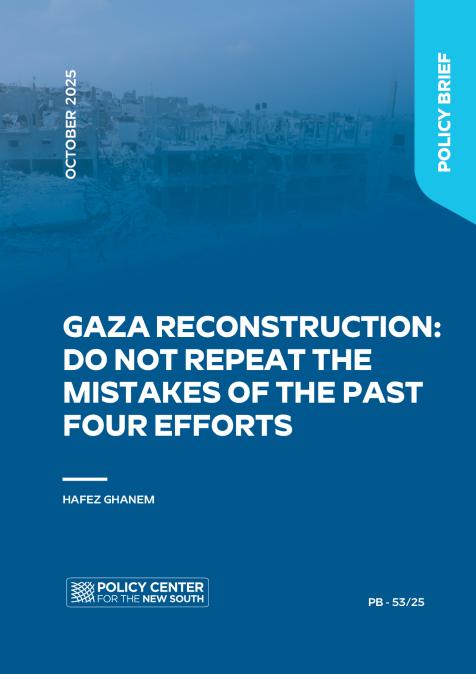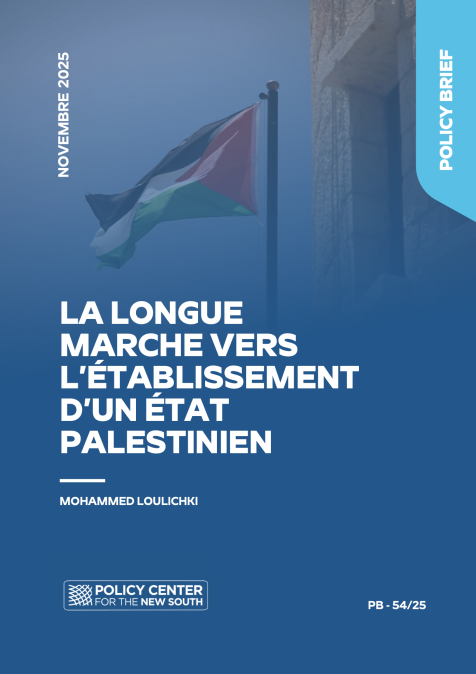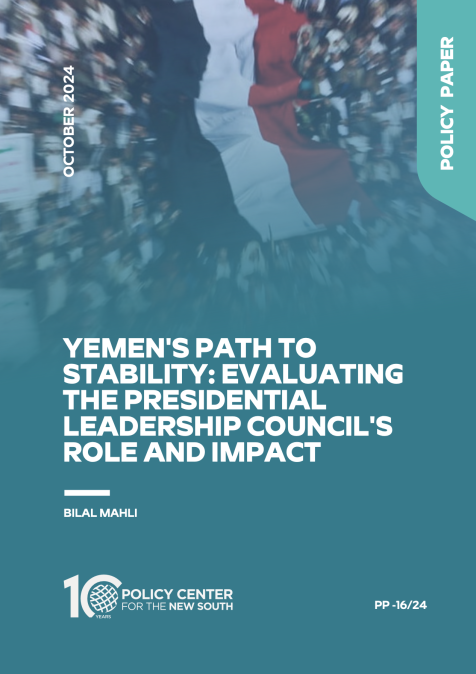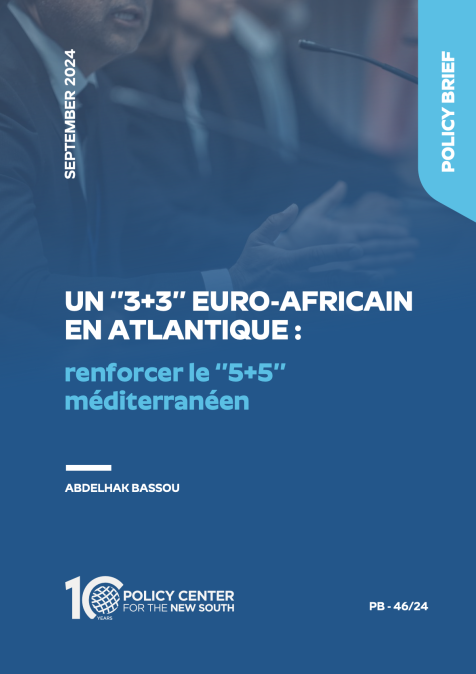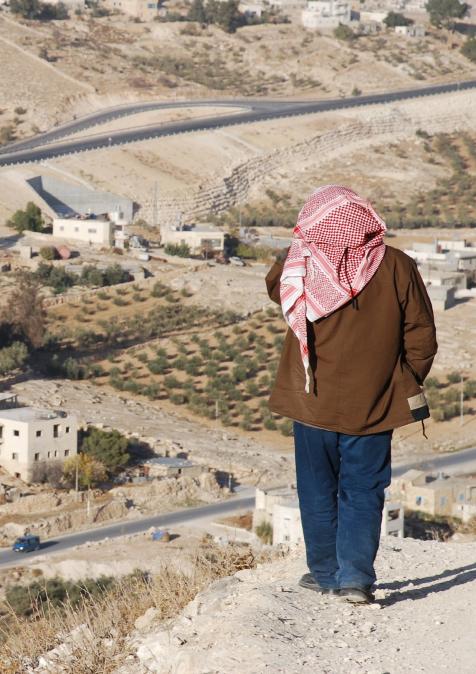Podcasts
Why Libya’s Electoral Process Is Flawed and How to Improve It
03
December
2021
Related topics:
With elections in one month, Libya faces a multidimensional crisis. There is widespread disagreement with how the electoral process has transpired, which may set it up for rejection irrespective of how results pan out. As a result, it looks like things will only get worse before they get better. This podcast with Dr Virginie Collombier, a Part-time Professor and the scientific coordinator of the Middle East Directions Programme, explores how to support Libya in its post-conflict democratic transition, addressing features such as Libya’s institutions, its social contract, reconciliation, and accountability.



